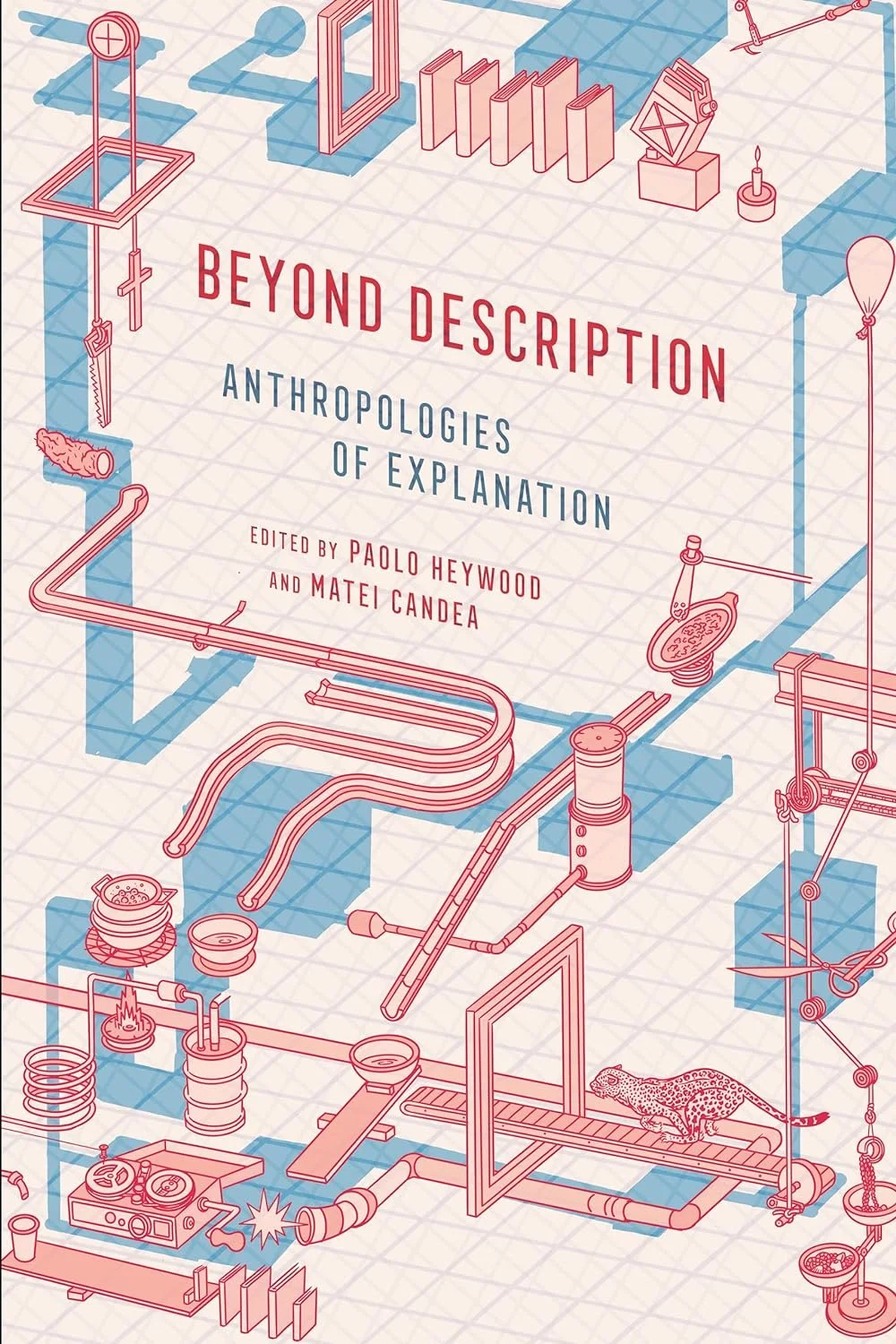This book is a collection of anthropological research papers presented at a 2018 workshop in King’s College, Cambridge, titled “Ethnographies of Explanation and the Explanation of Ethnography: Beyond Ethnographic Foundationalism?” Participating scholars were asked to define "an explanation" and identify what makes it authoritative, clarifying, or misleading. Whom does it serve and how is it produced?
“There seems to be in contemporary anthropology a pervasive sense that there is a thing called explanation out there and this it is problematic for anthropologists to try to do it,” note editors Paolo Heywood and Mateo Candea. “On closer examination, however, both parts of that statement are obviously incorrect: there isn’t a single thing called explanation out there, and anthropologists do it all the time.”
The question of explanations is especially pertinent to the current public crises of confidence in media, politics, justice, science and even medicine. To whom can we rely for truth when so many explanations seem more like rationalizations than honest interpretations, and when so many of the competing voices in the public sphere seem intent on silencing one another?
Divided into two parts, this collection first considers norms and forms of explanation within the field of anthropology. The latter part looks at modes of explanation outside anthropology and confronts the dilemma of anthropologists endeavoring to describe rather than explain, letting the work speak for itself, with the realities of politics, publics and institutional policies that require explanations.
“Given this fact, a more exciting question, we believe, than whether to explain is how we might explain,” the editors point out. “As the contributors in this book attest, that question has a range of potentially productive answers.”

